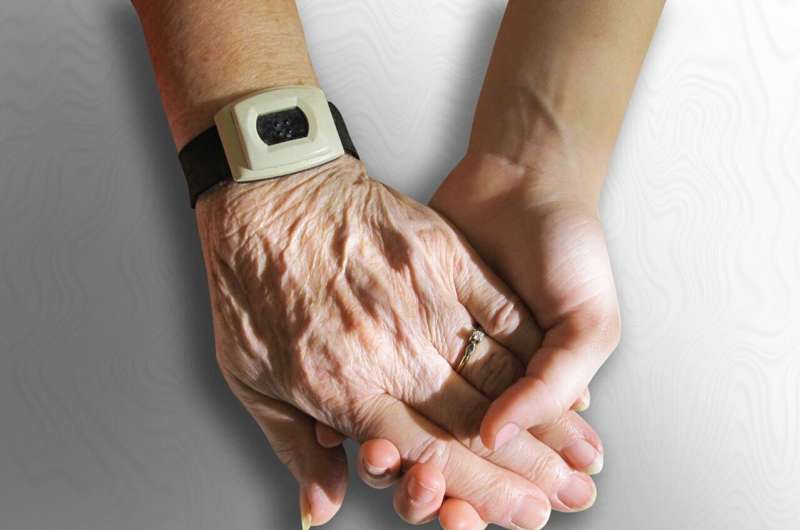This article has been reviewed according to Science X's editorial process and policies. Editors have highlighted the following attributes while ensuring the content's credibility:
fact-checked
trusted source
proofread
New model of care could improve residents' end of life in care homes

Care homes can improve their end-of-life care services, and relieve stress on staff, by adopting a new approach to palliative care, according to newly published research.
The Palliative Care Needs Rounds approach complements a care home's existing expertise while strengthening staff's understanding of palliative care, according to the study led by the University of Stirling.
The paper, "Using palliative care needs rounds in the UK for care home staff and residents: an implementation science study," was published in Health and Social Care Delivery Research.
The model—which has been highly successful in Australia—plans for a resident's last months of life with person-centered planning, case conferencing and staff education. It has been shown to reduce the length of stay in hospitals, and admissions, and improve symptoms at end of life. Meanwhile, care home staff were more confident when looking after residents.
The Needs Rounds approach will help Scottish care homes deliver 32 of the recommendations required in the new policy for the sector. The approach helps with future care planning, reducing unnecessary transfers to hospital, provides staff education, and provides a framework for multidisciplinary working, which values care home staff. The Needs Rounds model helps meet the challenges for the care home workforce, such as high turnover and variable staff skills, say the researchers.
Professor Liz Forbat of the University of Stirling's Faculty of Social Sciences, who headed up the research, said, "Residents of care homes often lack access to end-of-life care from hospice teams, despite how unwell residents are and that care homes are the main place that U.K. people now die. If their needs are not fully met, end of life can be distressing, with poor-quality deaths and sometimes futile hospitalizations.
"What we saw was that this model can improve the lives and deaths of care home residents. A Needs Rounds approach to palliative care enables them to die with dignity where they want to. It may also benefit relatives by increasing their confidence in the home's quality of care," added Professor Forbat, a researcher with expertise in palliative care and relationships at end of life.
More information: Liz Forbat et al, Using Palliative Care Needs Rounds in the UK for care home staff and residents: an implementation science study, Health and Social Care Delivery Research (2024). DOI: 10.3310/KRWQ5829




















